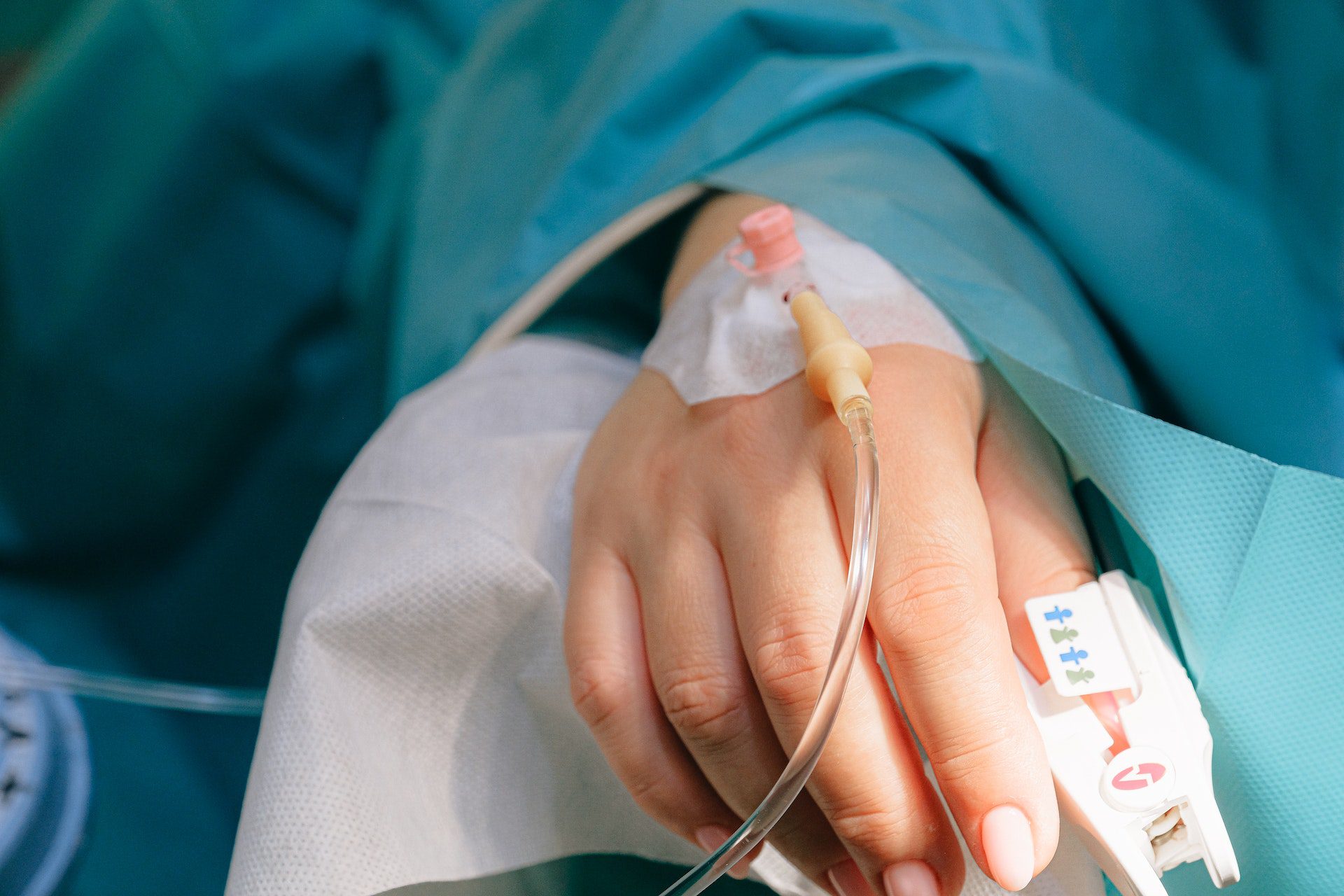
In a world without plastics, things would be more expensive, less efficient, and unsanitary. Your car would weigh more, causing it to consume more gas and making it more expensive to manufacture. Your electronics would be bulkier and less effective. And the healthcare industry would look dramatically different. Single-use plastics, like syringes, would need to be sterilized after each use, meaning somebody would be required to wash each product, increasing the risk of infections. Complications as a result of surgical procedures would increase as well due to bulky, unwieldy tools. Plastics in medicine have made a positive impact around the world. Imagine navigating the 2014 Ebola outbreak in Conakry, Guinea, without plastic as an effective material to reduce the transmission of the highly contagious and deadly virus, or trying to stay safe from COVID-19 without plastic-based gloves and face masks. Medical-grade plastic is affordable, versatile, and sanitary, making it the ideal material to use in all industries, including the medical field.
Flexible and Leak-Proof
Metals, glass, and ceramics do not have the physical flexibility that plastics offer. Non-plastic IV tubing would be disastrous – glass and ceramics could shatter and metals would break down after repeated exposure to certain substances. Patients can walk around with their IVs comfortably and move their bodies freely because of the flexibility that plastics provide.
Plastics also make up the majority of films used in the medical field. Medical packaging is one of the most common uses of plastic in medicine. If plastics were nonexistent and we relied on cardboard, paper, or cotton packaging then blood, water, and other liquids could easily spread diseases between patients and ruin sterile items before they are used. Sterile, food-safe plastics allow for tools, devices, and drugs, to be transported safely without danger of contamination.
 Sanitation & Sterilization
Sanitation & Sterilization
Prior to the 20th century, medical devices were used multiple times on multiple patients without proper cleansing. Doctors lacked information we now consider common knowledge about how germs and infections spread. However, this changed after industrialization. The use of plastic in the medical field and increased sterilization techniques became commonplace because plastics offered protection against the deadly diseases that plagued doctors of old.
During the COVID-19 pandemic, plastics were literally on the front lines, with plastic sneeze guards appearing at every business. Hazmat suits, critical for healthcare workers on the front lines, are composed of medical-grade plastic to form air-tight barriers, eliminating access points for germs to enter. Respirators and surgical face masks are also composed of polymeric materials. Not only was reducing the spread of COVID-19 at the forefront of public health efforts, but the manufacturing of plastics for use in medicine and health fields was in high demand.
In-home care and nursing homes use plastic medical equipment to help care for patients. Single-use plastics and sterile plastic packaging reduce the spread of illnesses, like fungal infections and flu viruses, which are common in nursing homes. Some plastics also feature antimicrobial surfaces. Even without regular cleaning, these strong antimicrobial plastics repel germs effectively. These plastic devices with smooth non-porous surfaces are essential for safety when used in the medical field.
A Cost-Effective Solution
Plastic is highly resistant to shattering and corrosion, unlike metal, glass, and ceramics. Medical-grade plastic is the most common material used in the field of medicine because of its flexibility, versatility, and resistance to wear. The longevity and multi-purpose use of plastic in the medical field is what makes it the premier material. Not only does plastic last a long time, but it is also cheaper to manufacture than other materials. Medical devices are already high in cost, making them inaccessible to developing countries around the world. At-home malaria testing is made with medical-grade plastic, providing vital results to people in need within minutes. Commonly used in West Africa, these at-home testing devices have allowed patients to receive quick diagnoses, resulting in better treatment and higher survival rates. COVID-19 at-home testing kits are also made of plastic and are internationally available. Due to the relatively low cost of manufacture and the ability to safely transport test kits, they are able to be distributed quickly across large areas of the world.
Improved Quality of Life
Plastics in medicine have also changed the way we approach surgical procedures. Amputees are able to receive prosthetics with customized fittings thanks to injection molding. With a lightweight design, cost-effective manufacturing, and quick to produce, individuals with disabilities are able to achieve mobility with ease and comfort. Moldings are no longer one-size-fits-all thanks to the use of plastics in the medical field. Plastics also boast hypoallergenic properties, making them the ideal material for individuals who suffer a latex allergy. The modern pacemaker has evolved from being a bulky device with many limitations to now being a versatile, life-saving device that is now one-tenth the size of the original design. Plastic pacemakers, insulin pumps, and other devices provide easy, low-maintenance care to people who need them.
The Use of Plastic in The Medical Field Saves Lives
A game-changer and multi-purpose powerhouse, plastic has not only revolutionized the medical field, but it revolutionized the world. It has changed the way we consume, purchase, live, and function. To-go containers, cell phones, cars, trucks, computers, syringes, hospital beds, pens, food packaging – it is nearly impossible to find any industry that hasn’t been improved by plastic in some way. From reducing the transmission of infectious diseases to improving the quality of life for disabled individuals, plastics in medicine have enhanced the quality of modern health care for the better.
With over 70 years of experience, Polymershapes is your expert in plastic manufacturing in California. We work with several industries including automotive, aerospace, chemical processing, food and beverage, and more. Check out our plastic fabrication services and contact us today to discuss all the ways we can help your business thrive.

 Sanitation & Sterilization
Sanitation & Sterilization 


